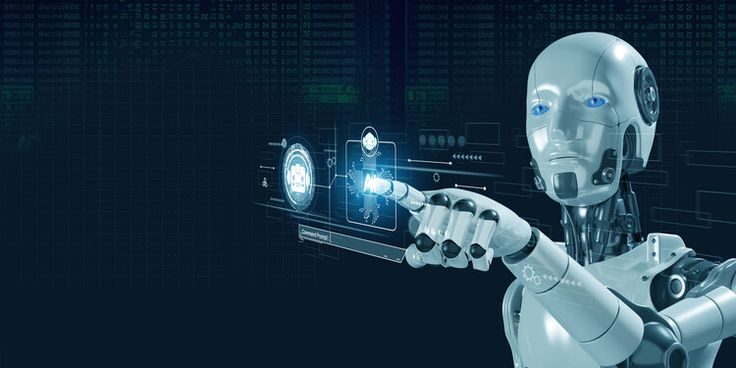Automation Changing Digital Marketing in 2025. In today’s fast-paced, tech-driven world, one force is fundamentally reshaping the digital marketing landscape: automation. As we navigate through 2025, automation has transcended the realm of mere convenience—it has become an essential pillar of competitive marketing strategy. From crafting hyper-personalized email campaigns and conducting intelligent customer segmentation to optimizing ad performance in real time and generating scalable, AI-powered content, automation is no longer a luxury—it’s a game-changer.
This digital evolution empowers brands to not only work faster and smarter, but also to derive actionable insights from data that once took weeks to process. Campaigns that once required large teams and endless hours can now be built, tested, and refined in a fraction of the time with greater precision and impact.
In today’s rapidly evolving landscape, one trend dominates digital marketing: automation. By 2025, automation is not just a convenience—it’s a necessity. From email campaigns to customer segmentation, and ad optimization to content creation, Automation Changing Digital Marketing is reshaping how brands connect with audiences, make decisions, and grow faster than ever.
But what exactly does this shift mean for businesses and marketers? Is it just about saving time—or is it revolutionizing strategy at its core?
In this article, we’ll explore:
-
How automation is transforming digital marketing in 2025
-
The tools leading the charge
-
Benefits and challenges
-
And how businesses can stay competitive with the help of expert partners like UDM ( Urban Dive Marketing )
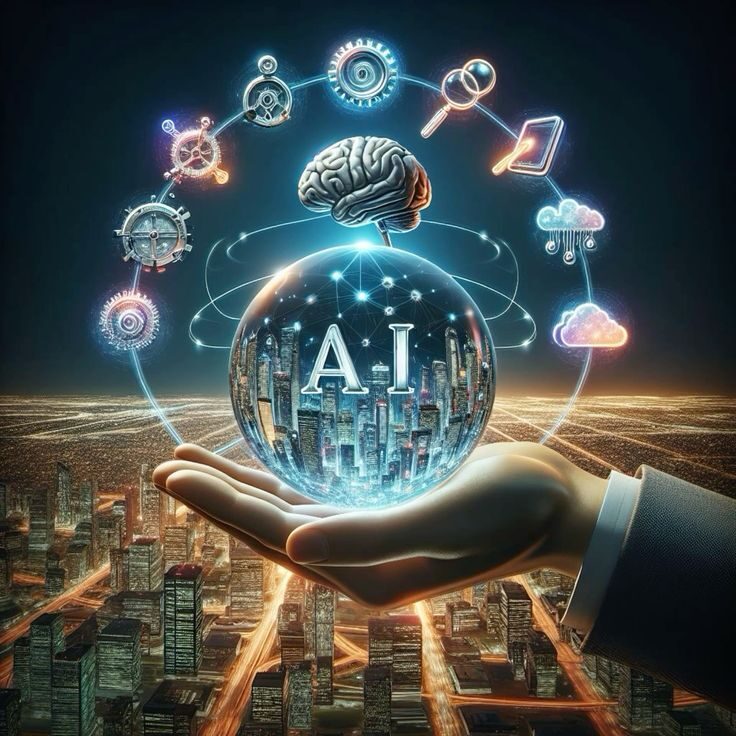
Automation Changing in Digital Marketing in 2025
What Is Marketing Automation?
Marketing automation refers to using software and AI-powered tools to handle repetitive marketing tasks—automatically. These can include:
-
Email marketing sequences
-
Social media scheduling
-
CRM integration
-
Ad targeting and bidding
-
Website personalization
-
Chatbots and lead scoring
-
Content curation
-
Data-driven campaign reporting
In 2025, automation is no longer optional—it’s central to successful digital marketing strategies.
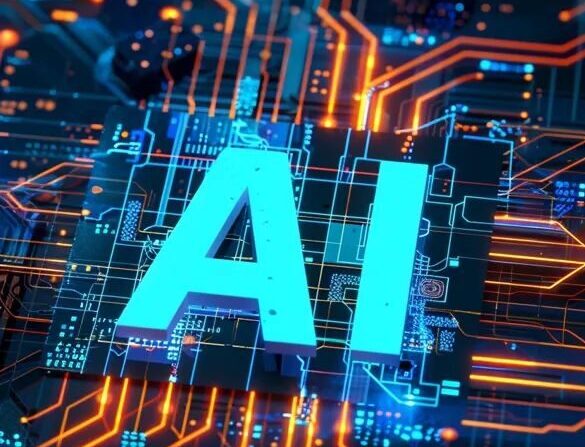
How Automation is changed Marketing in 2025
Let’s take a closer look at the most important ways Automation Changing Digital Marketing is making waves:
1. Hyper-Personalized Customer Journeys
AI-driven automation tools now analyze customer behavior in real-time—what they click, how long they stay, their purchase patterns—and adjust marketing content dynamically. In 2025, brands no longer rely on “one-size-fits-all” messaging.
Instead, they deliver individualized experiences at scale. For example:
-
Personalized product recommendations
-
Targeted email drip campaigns
-
Location-based push notifications
-
Real-time chatbot interactions
This level of personalization increases engagement, loyalty, and conversions dramatically.
2. AI-Powered Content Creation
Thanks to AI tools like ChatGPT, Jasper, and Writesonic, creating blog posts, product descriptions, and even ad copy can now be automated—with surprising accuracy. In 2025, marketers use AI to:
-
Generate article drafts
-
Optimize headlines and metadata
-
Suggest keywords based on user intent
-
Repurpose long-form content into bite-sized social media posts
However, brands that stand out still need human-led strategy and voice—a space where agencies like UDM excel, combining automation with storytelling and brand identity.
3. Smarter Ad Targeting and Budgeting
Gone are the days of guesswork in digital ads. Automation tools now:
-
Monitor ad performance in real-time
-
Adjust bidding strategies automatically
-
Target lookalike audiences
-
A/B test creatives faster than human teams ever could
Platforms like Meta Ads, Google Ads, and TikTok Ads Manager have evolved to integrate machine learning-based optimization, helping brands get the most ROI from every dollar spent.
4. Automated Social Media Management
Social media platforms are vital for brand visibility, but managing them can be time-consuming. Automation solves this by:
-
Scheduling posts across platforms
-
Suggesting optimal posting times
-
Flagging top-performing content
-
Analyzing sentiment and engagement trends
In 2025, AI-driven social media tools even write captions, generate images, and recommend content ideas—helping businesses stay consistent without burning out their teams.
5. Email Marketing on Autopilot
Email remains one of the highest ROI digital channels—and automation supercharges it. Now, brands can:
-
Send tailored emails based on real-time behavior
-
Segment lists automatically
-
Set up drip campaigns triggered by user actions
-
Personalize subject lines and content using AI
These techniques result in higher open rates, click-throughs, and conversions—especially when strategy and implementation are handled by experts like UDM.
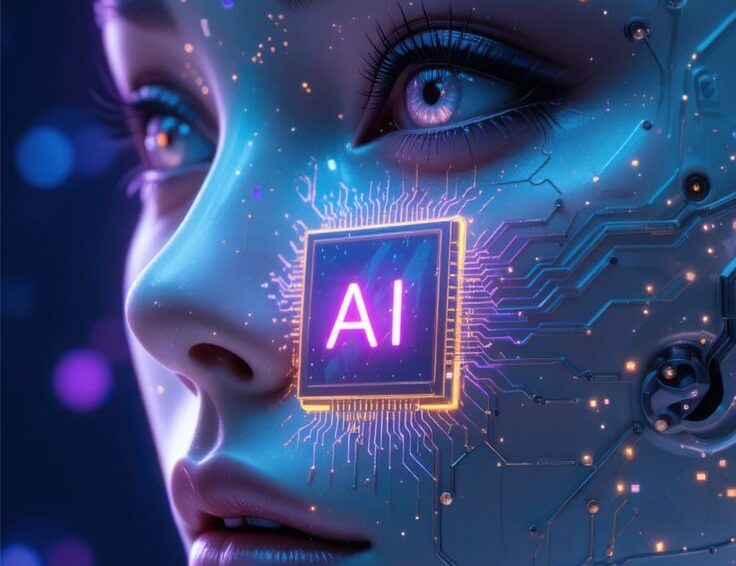
Benefits of Automation in Digital Marketing
Embracing Automation Changing Digital Marketing brings significant benefits:
Saves Time and Resources
Repetitive tasks are handled by machines, allowing teams to focus on high-level strategy.
Increases Efficiency and Speed
Campaigns can launch in minutes, not weeks. Real-time adjustments improve results faster.
Enhances Customer Experience
Every touchpoint—from emails to landing pages—is personalized, leading to deeper connections.
Drives More Revenue
Automation makes it easier to convert leads, upsell, cross-sell, and retain customers.
Challenges of Marketing Automation in 2025
Despite its advantages, automation has its pitfalls:
Over-Reliance on Tools
Automation without strategy can lead to bland, robotic communication. Audiences still crave human touch.
Technical Complexity
Implementing the right tools, integrations, and workflows can be overwhelming—especially for small businesses.
Data Privacy Concerns
Automation relies heavily on user data. In 2025, businesses must comply with evolving privacy laws (GDPR, CCPA, etc.) or risk penalties.
This is where expert partners like UDM help you strike the perfect balance between automation, creativity, and compliance.
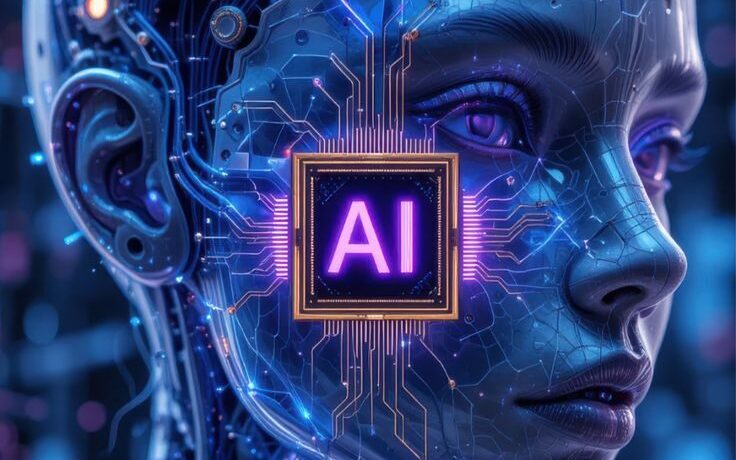
The Human Touch Still Matters
As smart as automation tools are, they can’t replace human insight, emotional intelligence, or creative direction.
That’s why the future belongs to hybrid strategies—where machines handle the execution, and humans provide the vision.
At UDM, we specialize in crafting automation-powered campaigns that feel personal, purposeful, and persuasive. Whether you need an AI-optimized content funnel, a CRM-integrated email sequence, or an end-to-end ad campaign—we deliver real results.
Top Marketing Automation Tools in 2025
Here are some of the tools dominating the automation space in 2025:
-
HubSpot – All-in-one CRM and marketing automation
-
Zapier – Connects apps to automate workflows
-
ActiveCampaign – Advanced email + customer journey automation
-
Jasper AI – AI content creation and optimization
-
Buffer / Hootsuite – Social media automation
-
Google Performance Max – Smart ad campaigns across search, YouTube, and display
-
Klaviyo – E-commerce email & SMS automation
-
ChatGPT API – Custom chatbot and content generation integrations
The right tools, combined with professional expertise, can unlock exponential growth.
How to Get Started with Marketing Automation
If you’re ready to explore how Automation Changing Digital Marketing can benefit your business, here’s how to begin:
Step 1: Audit Your Current Marketing Processes
Where are you spending time manually? What results are inconsistent?
Step 2: Identify Your Goals
Do you want to increase leads? Boost conversions? Improve retention?
Step 3: Choose the Right Tools
Based on your budget, tech stack, and audience, select automation platforms that fit.
Step 4: Build a Strategic Workflow
Map out your customer journey and align your automation to support it—from first click to final conversion.
Step 5: Partner with Professionals
Automation only works well when it’s backed by smart strategy. That’s why businesses trust UDM Creative to manage their automation systems, content creation, and campaign execution—so they can focus on growing.
Why Choose UDM Creative?
UDM Creative is not just another digital agency—we’re your strategic automation partner. Here’s what makes us different:
Tailored Automation Strategies — Not every business is the same. We build what works for you.
Creative Meets Data — We blend high-converting design with data-driven decision-making.
Proven Results — Our clients see higher ROI, better engagement, and stronger brand positioning.
Full-Service Support — From branding to content to CRM integration—we handle it all.
Let UDM help you thrive in a digital world powered by smart automation and smart thinking.
Frequently Asked Questions
1. How is automation transforming digital marketing in 2025?
Automation is enabling marketers to:
- Personalize content at scale using AI-driven insights
- Automate repetitive tasks like email follow-ups, lead scoring, and A/B testing
- Optimize ad campaigns in real time based on user behavior
- Improve ROI by reducing manual errors and increasing campaign efficiency
2. What are the biggest challenges businesses face when adopting marketing automation?
Common hurdles include:
- Choosing the right tools for your business size and goals
- Integrating automation platforms with existing CRMs or data systems
- Training teams to use automation effectively
- Avoiding over-automation that can feel impersonal to customers
3. Which marketing tasks should be automated first?
Start with:
- Email marketing (welcome sequences, abandoned cart reminders)
- Lead nurturing workflows
- Social media scheduling and monitoring
- Customer segmentation and retargeting
These offer quick wins and measurable improvements.
4. Can automation replace human creativity in marketing?
Not entirely. Automation handles the execution and optimization, but strategy, storytelling, and emotional resonance still require human insight. The best results come from a hybrid approach.
5. How does AI-powered automation improve customer experience?
AI helps by:
- Predicting customer behavior and preferences
- Delivering personalized content and offers in real time
- Providing 24/7 support via chatbots
- Reducing response times and improving satisfaction
6. What KPIs should I track to measure automation success?
Key metrics include:
- Conversion rate improvements
- Email open and click-through rates
- Customer lifetime value (CLV)
- Cost per acquisition (CPA)
- Time saved on manual tasks
7. Is marketing automation affordable for small businesses?
Yes! Many platforms like Mailchimp, ActiveCampaign, and HubSpot offer tiered pricing and free trials. Start small, automate key workflows, and scale as you grow.
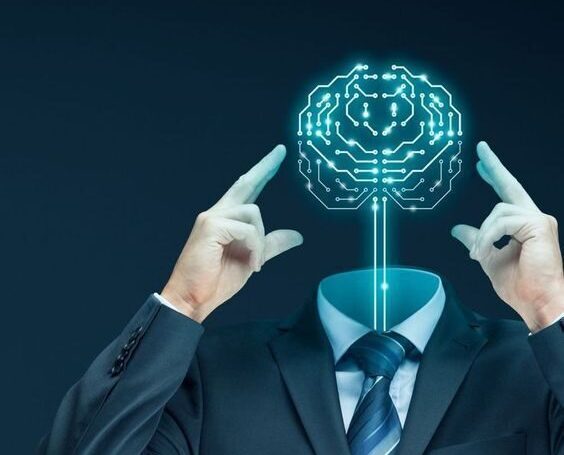
Final Thoughts
In 2025, Automation Changing Digital Marketing is no longer a trend—it’s the standard. The brands that succeed are those that combine automation with human intelligence, creative storytelling, and strategic execution.
Whether you’re a startup looking to scale or an established brand ready to innovate—automation is your ally.
And when you’re ready to take your digital marketing to the next level, trust a team that understands both the tech and the touch.
👉 Visit UDM today and discover how we can automate your growth, without losing your voice.
If you want expert guidance, strategy, and execution that delivers real results—reach out to the professionals at Urban Dive Marketing (UDM) and you can also contact us on whatsapp or call us directly 03475159209
We hope you got a good amount of information by reading this article do not forget to give us feedback.


